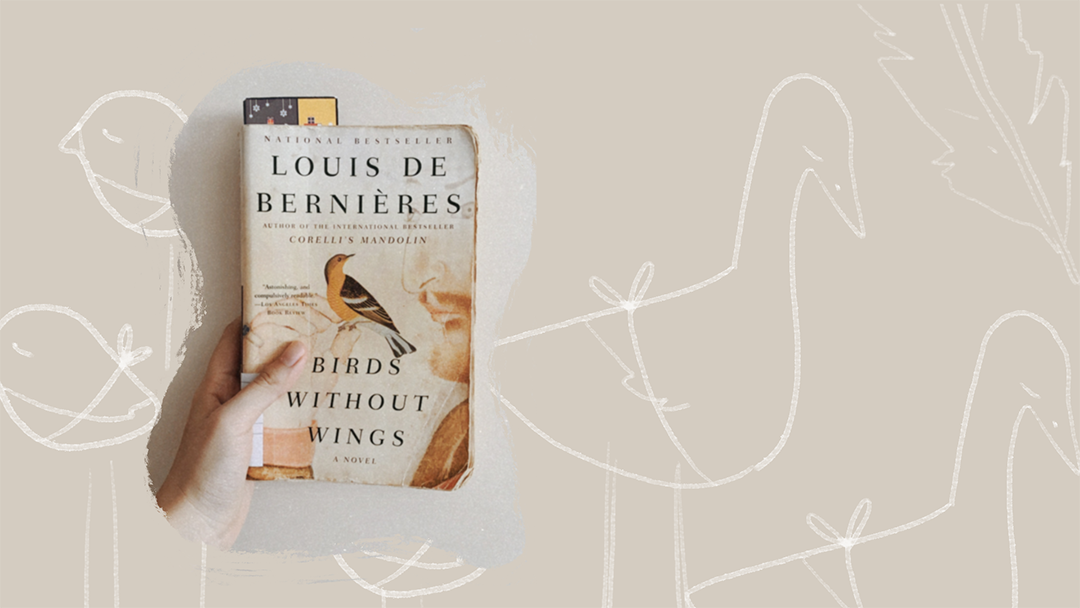I love compiling this list every year as it gives me a glimpse into my thought processes, interests of the moment, and vignettes of specific seasons in the year that each book brought me through as a silent companion.
Ever since I was a teenager, I’d set idealistic reading goals (always writing ‘100 books’ in my new years resolutions) only to find myself never hitting that lofty number. In 2022, I came back down to earth a bit more and decided, against my impulses, to go for a realistic goal of 20 books. For once, I’m very satisfied that I managed to get close by completing 15 books.
I still have that irrational dream to live up to the label of ‘voracious reader’. As I type this in 2023, I’m happy that I’m in a place where I’m actually prioritising reading in my daily rhythms so much more (of course, at the expense of other things, like watching Netflix; but I’m not complaining).
On to the reads!
Best of the best:
Great for:
The reader who doesn’t want to be tied down to one story
The reader who wants to be introduced to fresh literary voices in a short and sweet manner
The reader who is craving variety
The reader who wants to go for an easy to easy-medium read
Get it here or borrow it through NLB.
Best of Sci-fi/Series:
Great for:
The reader who loves to be sucked into a well-constructed universe, written with great detail
The adrenaline junkie. This person should be all ready for an intense ride; this series is thrilling!
The reader who wants to go for an easy-medium read
Take note:
I thought I would struggle with Liu Cixin’s Three Body Problem series because I didn’t understand much of the science concepts in the books. But that didn’t deter my comprehension at all. Pick it up if you were hesitant because of that!
Very plot-driven, not so much character-driven
Get it here, here, and here, or borrow it from the library here, here, and here.
Asian Literature:
Great for:
The person who desires to explore more Asian authors
The person who enjoys historical fiction
The reader who wants to go for an easy read
Take note:
These books differ in their genres though they share many similarities (historical fiction and asian literature).
The Night Tiger dips its toes into magical realism a lot more since Malayan/Singaporean myth and superstition are themes that feature heavily in the novel
The Last Days of Cafe Leila fits squarely into realism
When paired and read closely one after the other, though, the contrast helps the reader see how each novel establishes the theme of home
The Last Days of Cafe Leila does this by featuring the loss and political upheaval that affects the nation, and by extension, a family’s life
The Night Tiger sets the scene in colonial Malaya, with a cast of locals and British folk crossing paths. But it does not so much portray the changes in society that occur through the passage of time, as it does its cultural motifs that form the local consciousness.
Get these two books here and here. Or borrow them through NLB here and here.
Re-reads that age well like wine:
Great for:
The reader who wants to challenge himself. This is a medium to medium-advanced read
Take note:
The Great Gatsby is not an easy read for many because its portrayal of social life, reality, and romance, with an emphasis on disillusionment and tragedy. But I would argue that it’s precisely because of this that this is a worthy read.




















